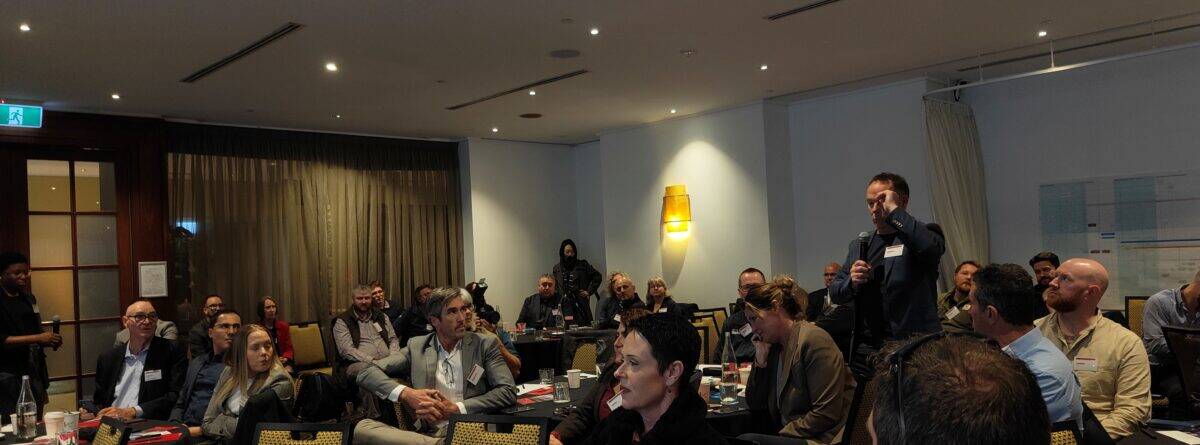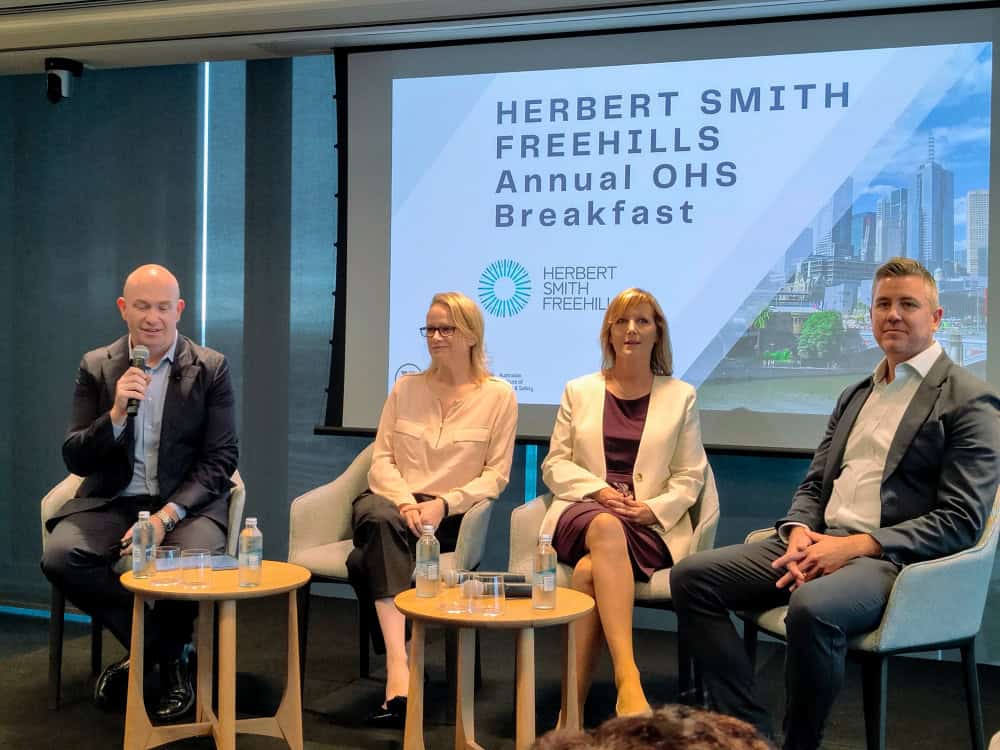[This is an attempt at satire]
In today’s rapidly evolving operational landscape, Australian organisations are increasingly aligning their strategic posture with the emerging consensus that psychosocial risk is, in fact, a WHS issue.
A bold stance, only 20 years behind schedule.







